We were lucky to catch up with Mike Tony recently and have shared our conversation below.
Mike, thanks for taking the time to share your stories with us today Did you always know you wanted to pursue a creative or artistic career? When did you first know?
Some of my earliest memories of my childhood are of my dad playing guitar, going to his band practice, and watching him performing live. I knew that my dad had a regular job, but it never seemed like he came home happy from it. The times that he was the most happy were when he was playing music. I always used to mimic him; when he was at home, he was playing guitar and I would be right there by his side singing and strumming along with him or drumming on pillows with wooden spoons.
When I wrote my first song, at 13 years old, becoming a professional musician was the only thing on my mind; I wasn’t thinking about going to college or anything else, really. I started my first band, Très Bien, at 15 and when we played our first show in front of a live audience, It felt like my destiny. We were so excited to get an envelope of cash after our set and I knew I had found my passion.
My first hit of professional success was in 2007 when Très Bien was featured on the FOX network’s Next Great American Band, which was essentially an American Idol spin off for bands. We placed 6th in the competition and following the end of the show, we were put in Island Def Jam’s Artist Development program, which dissolved with the rise of streaming services 2009. The band broke up shortly after that and I moved to LA in 2011 to work on a solo project, Rollingchild.
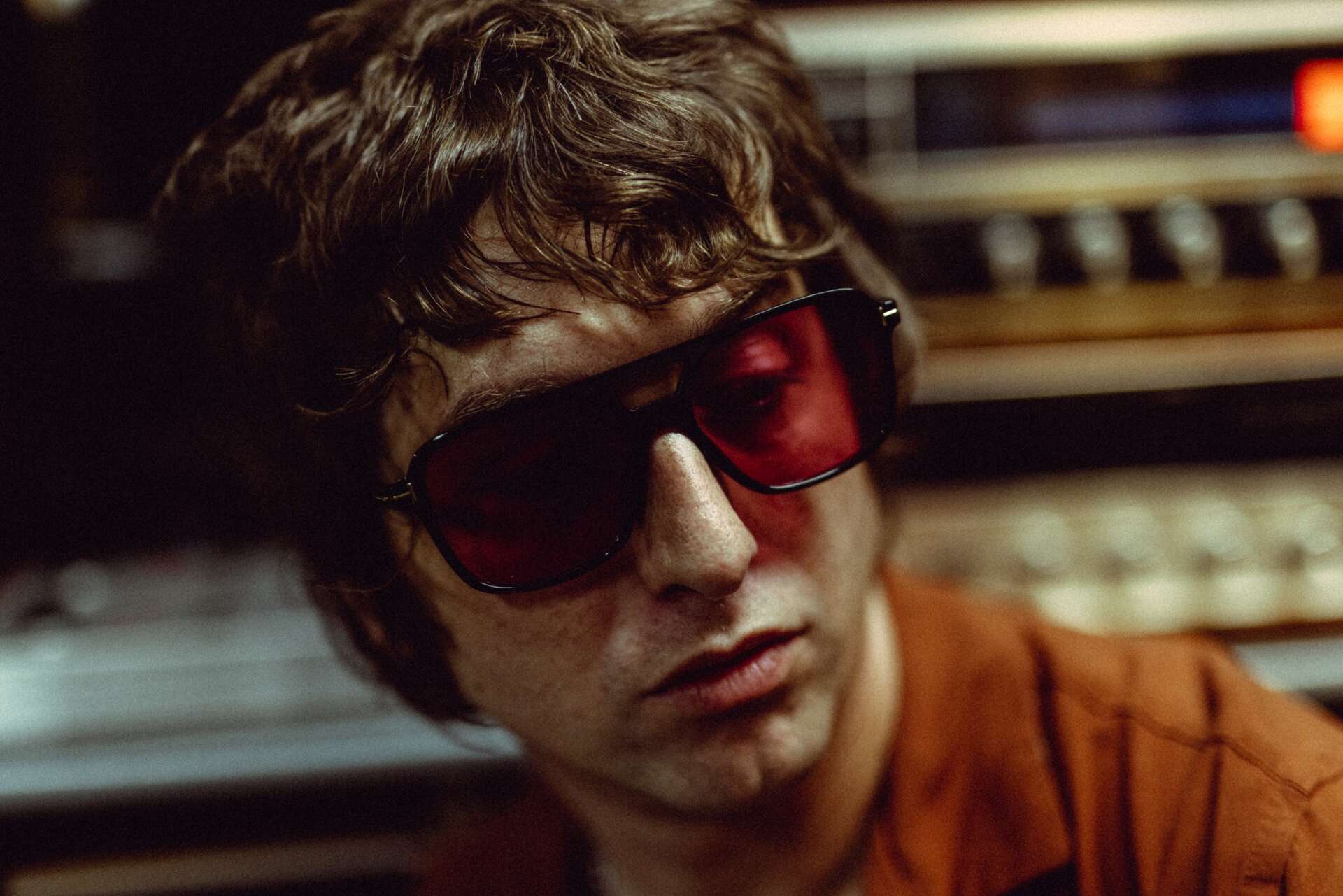
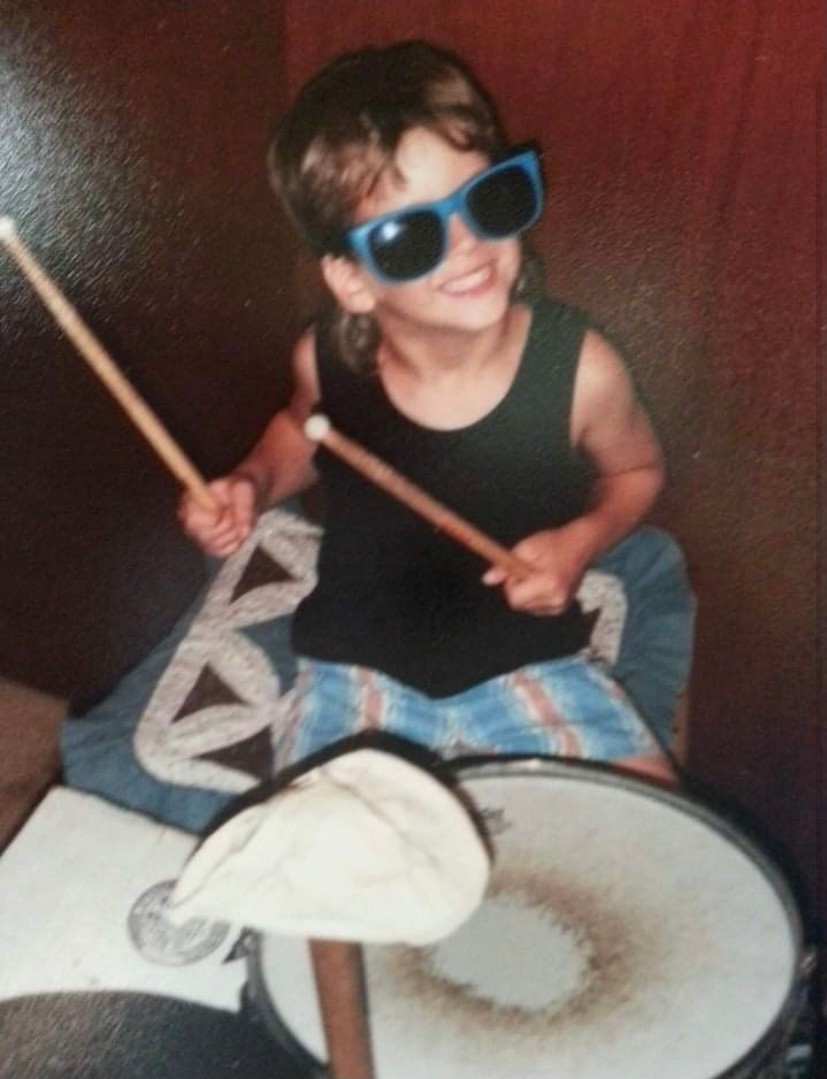
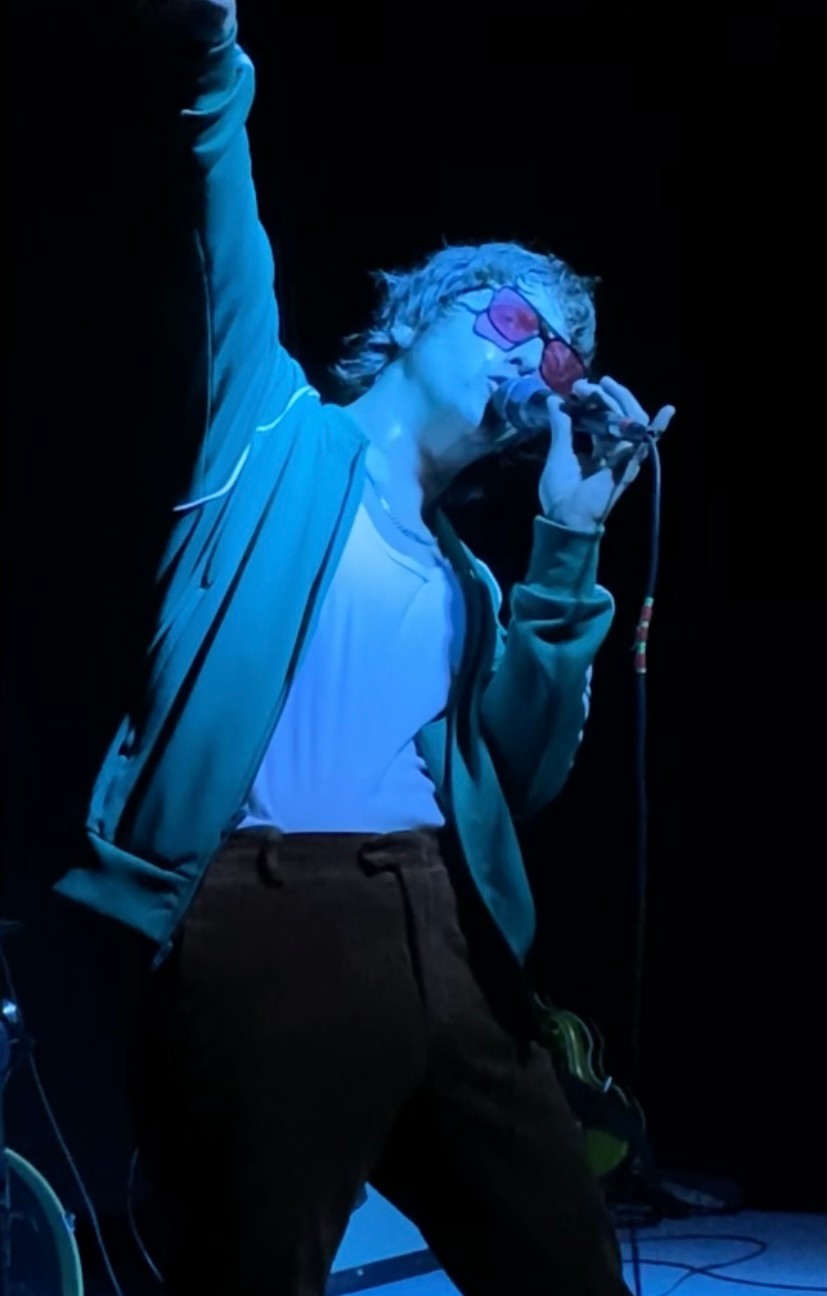
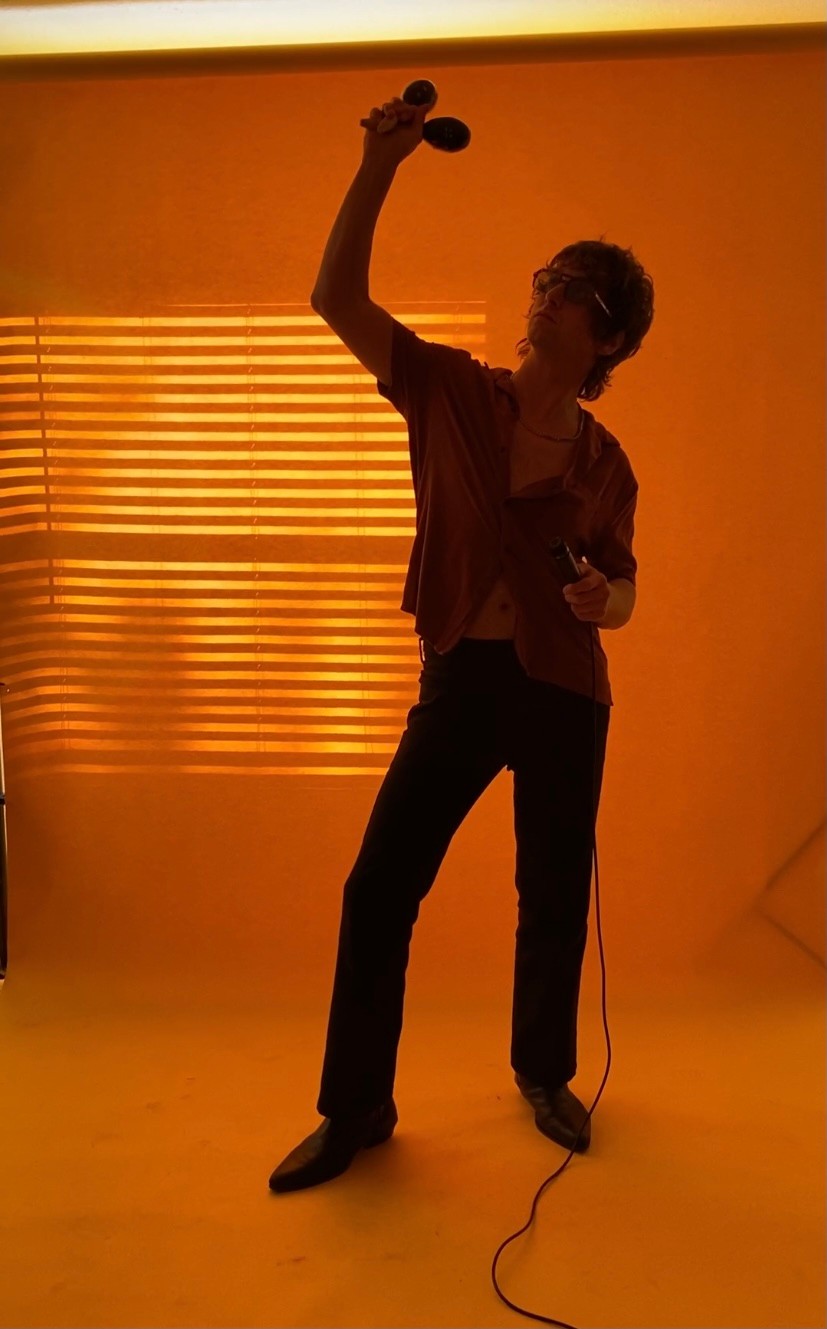
Great, appreciate you sharing that with us. Before we ask you to share more of your insights, can you take a moment to introduce yourself and how you got to where you are today to our readers
I’m a self taught multi-instrumentalist musician and songwriter. I started playing drums at the age of 8, but what I really wanted to do was write songs, so at 13 I asked my dad to teach me a few chords on guitar, and those few chords grew into structured songs quickly. I bought a Tascam 4-track cassette tape recorder and before I knew it I was recording all of my own parts, the drums, the guitar, bass and keyboard. This became an obsession, there’s a box somewhere with a hundred or so tapes of my old demos, songs, and stuff I recorded with my band.
The piece of work that I’m most proud of is my solo debut “Post Party Depression,” which I released under the name Rollingchild. I wrote that album coming off the back of the divorce from my highschool sweetheart, who I married while I was living in LA. Newly single, I moved to Atlanta, where I was warmly received by a talented group of musicians, producers, and creatives who helped me facilitate the record and took it to heights not possible on my own. “Post Party Depression” was quickly picked up and released by Burger Records in 2019 and I was poised to perform their SXSW showcase in March 2020, but we all know what happened that month. Shortly after COVID closed the world down, Burger Records unceremoniously ceased operations and I was left with an album that had no distribution, no promotion, and no tour dates.
What sets me apart is my stage presence and ability to charm any crowd of people, no matter what their musical preferences. I can balance familiarity and obscurity. Most of all, the distinct sound of my voice and my ability to showcase different versions of it.
How about pivoting – can you share the story of a time you’ve had to pivot?
In 2011 I moved to LA to continue my pursuit of a music career, this was still in a time when physical CD’s weren’t selling, and vinyl wasn’t as big as it is again. I needed to make some money and I had an opportunity to help a family friend with his cannabis company growing and selling for him. The amount of money I made on my first “run” was eye opening and I wanted more. So for the next eight years I dedicated most of my time to perfecting my skills in cultivating high quality cannabis and was wholesaling to dispensaries throughout Southern California. Eventually saturation of the market, legality, and a couple bad business ventures, I found myself in a bit of debt and realized that though, I loved growing weed (and I was good at it,) writing and performing songs is what I REALLY loved. So in 2018 I left LA and moved to Atlanta to pursue music full time again.
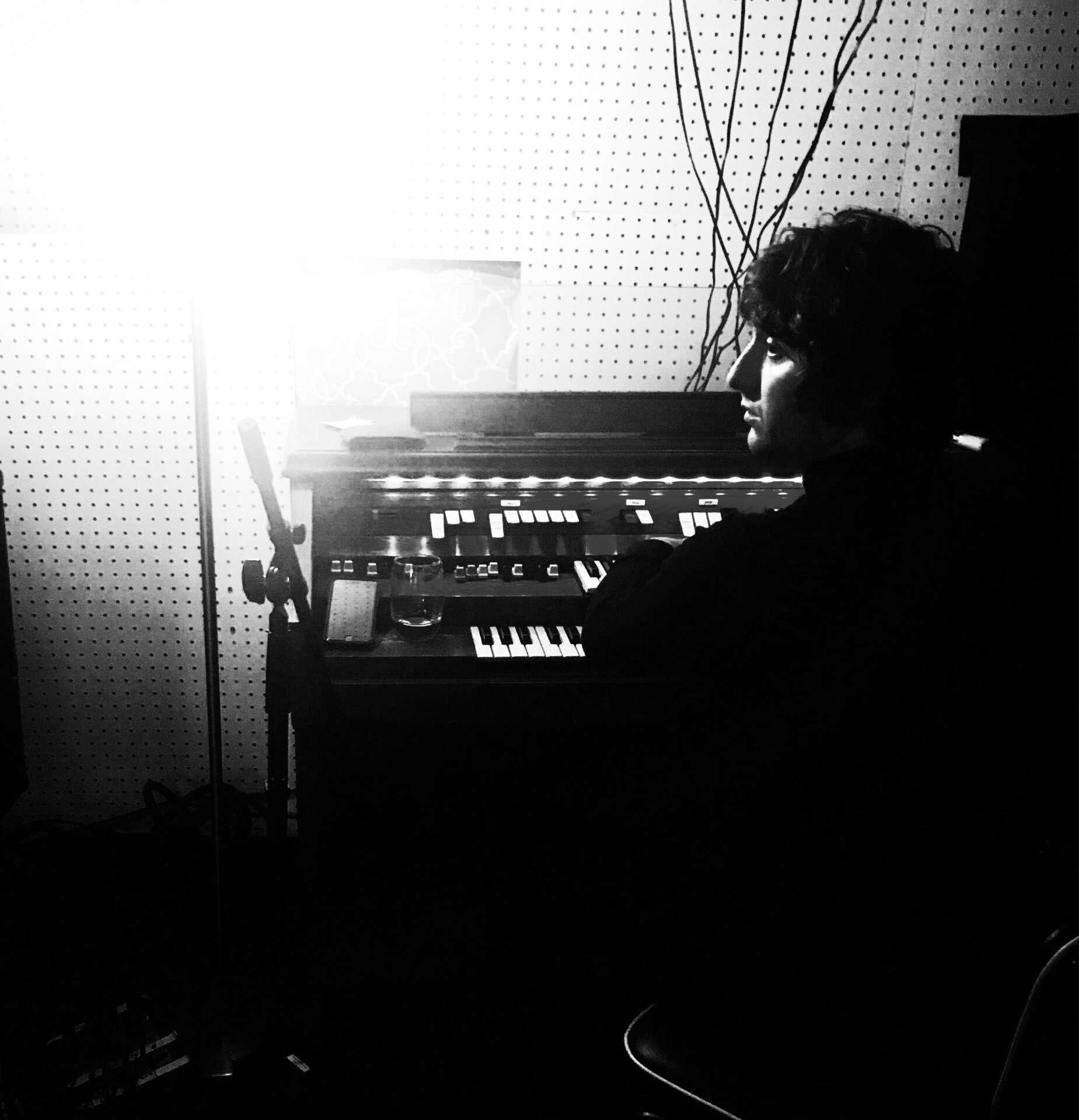
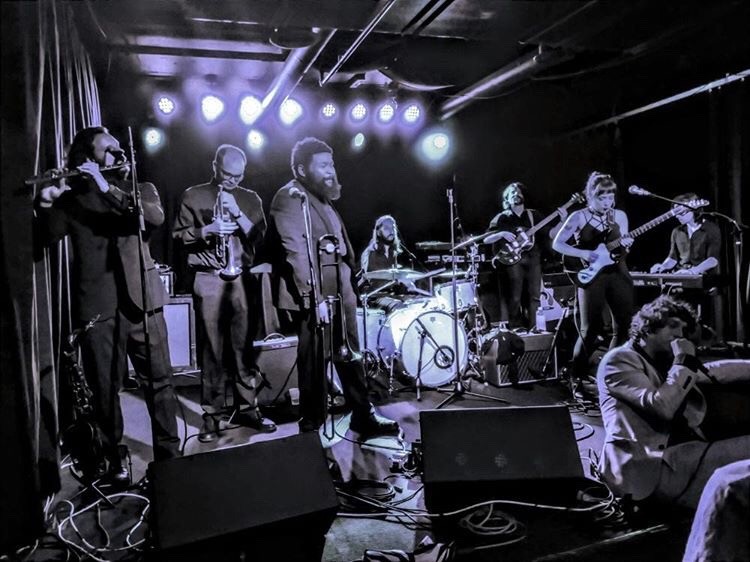
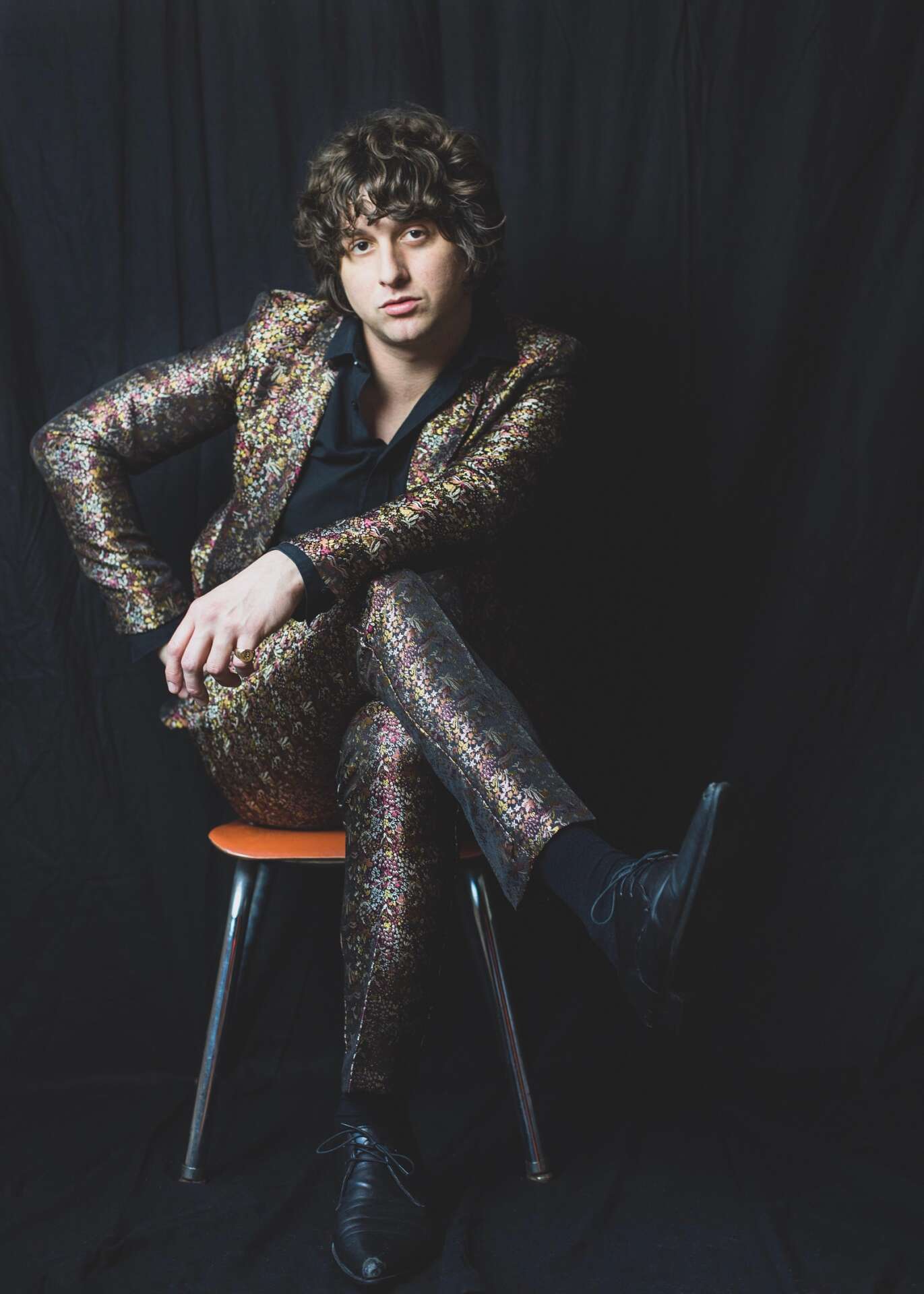
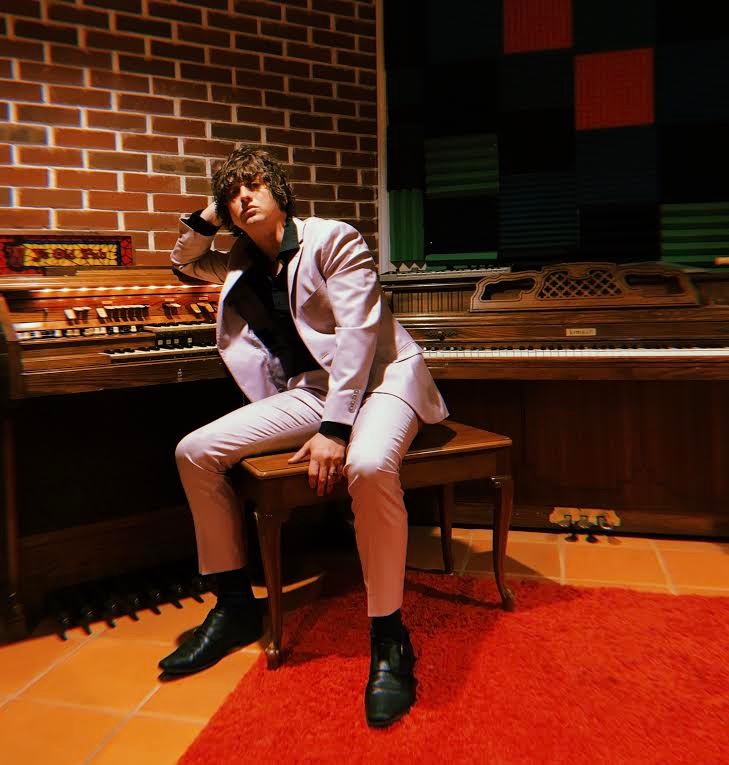
In your view, what can society to do to best support artists, creatives and a thriving creative ecosystem?
Buy their music, buy their merch, share their art on social media platforms, stream their music from streaming services that pay better than Spotify, and pay them fairly for their time and talents. I feel like for so long being the starving struggling artists is seen as the norm. “Don’t you just do it for the love of it? For the passion?” Of course, but the hard truth is that I can’t pay my landlord with songs. I feel like society expects artists to just do it for the love, but in a post-pandemic world, that’s not good enough, artists need to make money, period. The days of “paying to play for exposure and clout” are over. During the pandemic I know a lot of music venues had to close their doors indefinitely, and I wish local governments would allocate more money to the arts and opening up more venues. In the case of St. Petersburg, FL. where I live now, there used to be 4 venues on the same block within 2 streets of one another, now there are virtually none. So bottom line, go to shows, go to art galleries, and ride for these people, for without art, life is dull.
Contact Info:
- Website: https://linktr.ee/miketony
- Instagram: @miketonyofficial
- Youtube: https://www.youtube.com/mrollingchild
Image Credits


